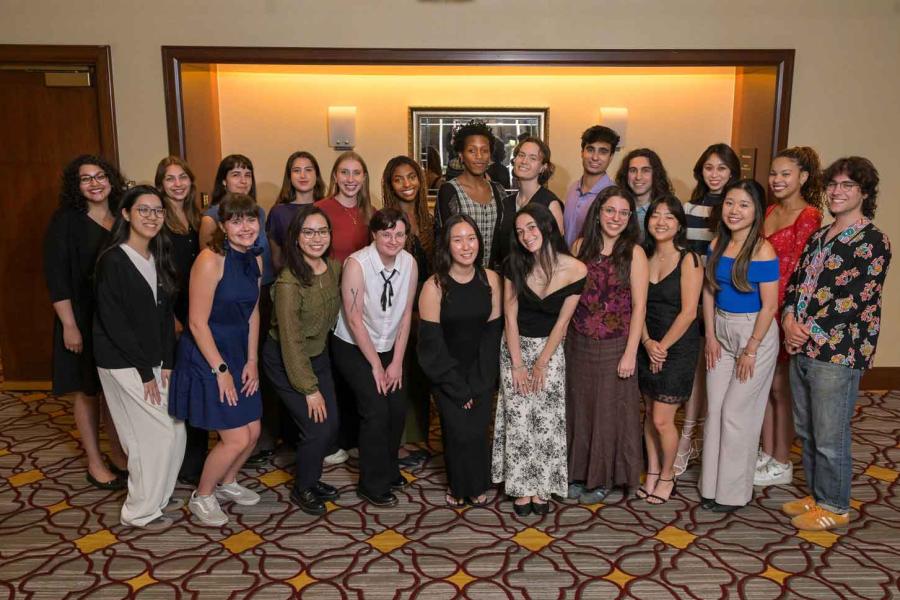
From posters to precedent, humanities scholars showcase their research
Projects spanned topics from Confederate cemeteries to Korean textiles.
Read more Department Homepage
The College of Arts & Sciences
Department Homepage
The College of Arts & Sciences
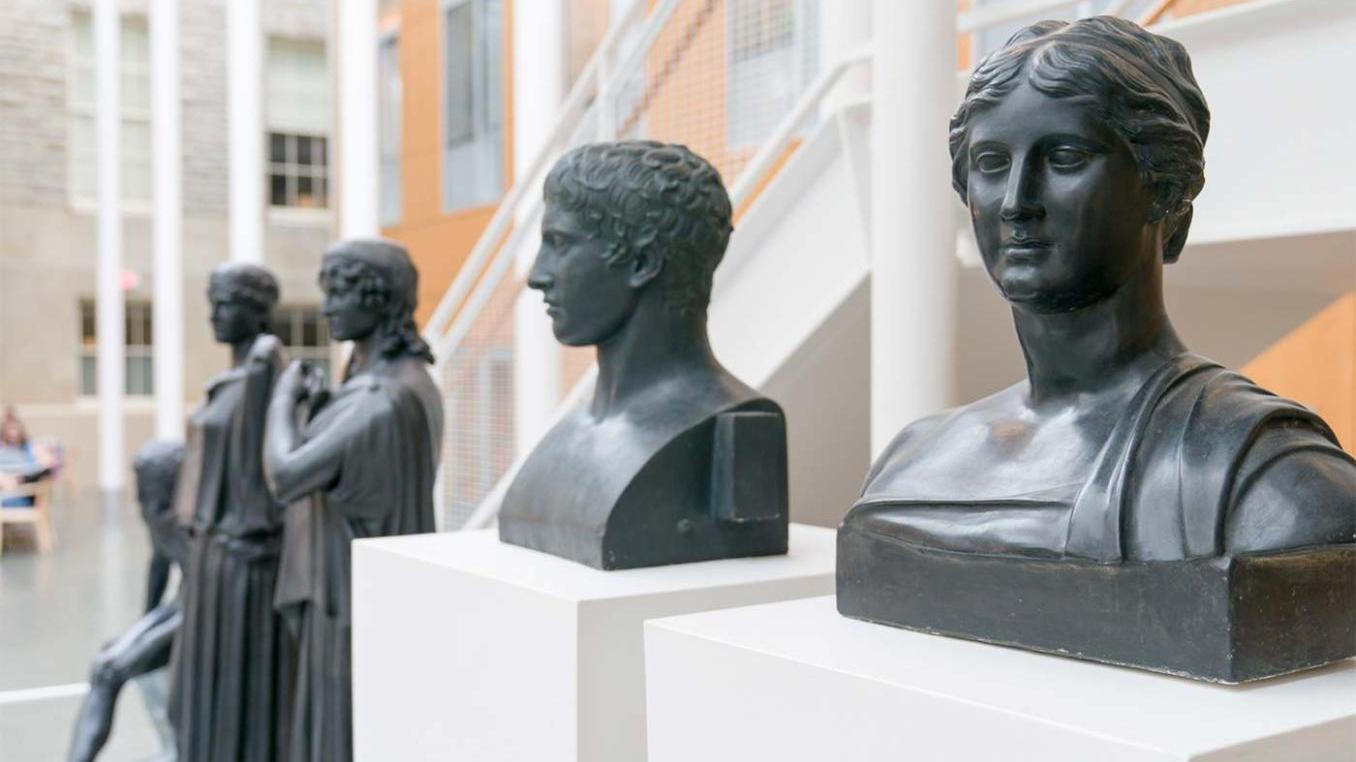
Classics is the original interdisciplinary academic field at the heart of a Liberal Arts education. We teach and research the languages (Greek, Latin), literature, history, philosophy, science, art, and material culture that survive from the worlds of ancient Greece, Rome, and Late Antiquity, as well as people’s engagement with these ideas and artifacts throughout time. Through these media we investigate these societies and their neighbors – addressing not only the well-known monuments and famous texts but also the full range of evidence for the lives of the many people of the ancient Mediterranean. Studying the complexities of the distant past from all these angles offers fresh, critical perspectives on our present world today.
The Department of Classics at Cornell lost Professor Emeritus Fred Ahl in 2025. Fred was a member of the Department for over 50 years, and renowned as an extraordinary teacher and scholar of Greek and Latin literature, of drama ancient to modern, and of much, much else. We express our sadness and condolences to Fred’s family and to his many students and friends across the world.
The Department is delighted and grateful that a Pucci Prize has been established in honor of Piero Pucci - and we thank the generous supporters who have helped to start a fund towards creating this prize - (of $1000) to be awarded to the best Cornell graduate paper presented in those academic years a CorHaLi conference is held, and otherwise the best Cornell classics graduate essay or other conference paper given that academic year. We hope others will want to support this prize fund making it a long-term annual award in honor of Piero.
Fred Ahl Prize. The Department would also very much like to honor the extraordinary contribution of Fred Ahl over 52 years at Cornell. We have created a prize fund from which to award an annual Ahl Prize for undergraduate achievement - reflecting Fred's long involvement and achievements in teaching and enthusing undergraduates at Cornell with his love of literature and drama and so much else.
If you would like to make a gift towards either or both prize funds, and wish to do on-line, please use the donation link below or the QR code. PLEASE specify which (or both) Prize Fund you wish to give money to. Please do this EITHER in the "In Honor/Memory" section OR in the "Other Designation or Special Instructions" section. Of course, old-fashioned checks are also very welcome mailed to the Classics Department (made out to "Cornell University" and again clearly indicating your choice of purpose please). Thank you very much for all and any support to help sustain and to create these prizes in honor of Piero and Fred from all the Department!
Click here to make a contribution to the Pucci and/or Ahl Prize Funds.

Projects spanned topics from Confederate cemeteries to Korean textiles.
Read more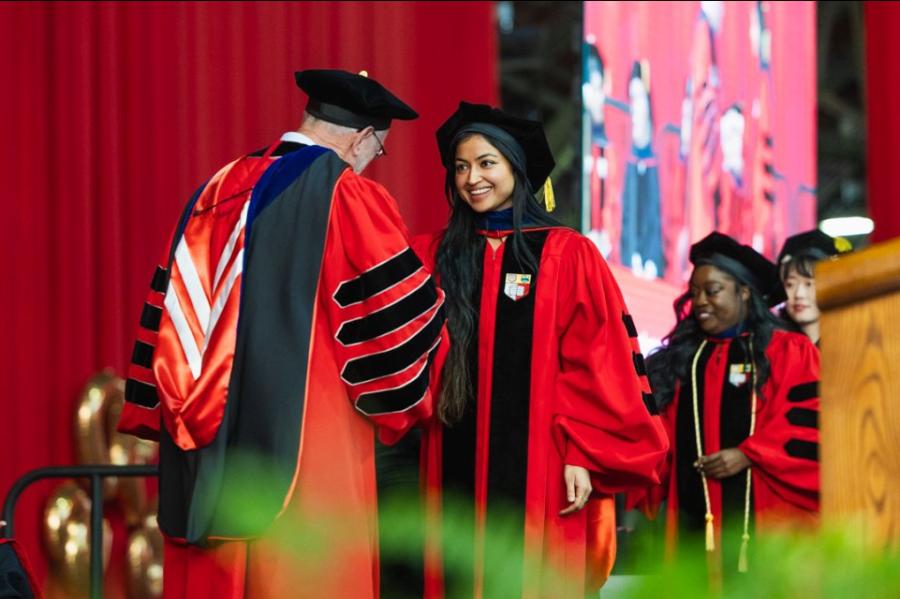

Cornell’s newest Ph.D.s found success even through the unexpected events of the last few years, President Michael I. Kotlikoff reminded nearly 400 doctoral graduates at the 2025 Ph.D. Recognition Ceremony on May 23 at Barton Hall.
Read more

Elaïnos Volume 1 was released Spring 2025.
Read more
Sarah Stephenson is majoring in English and classics.
Read more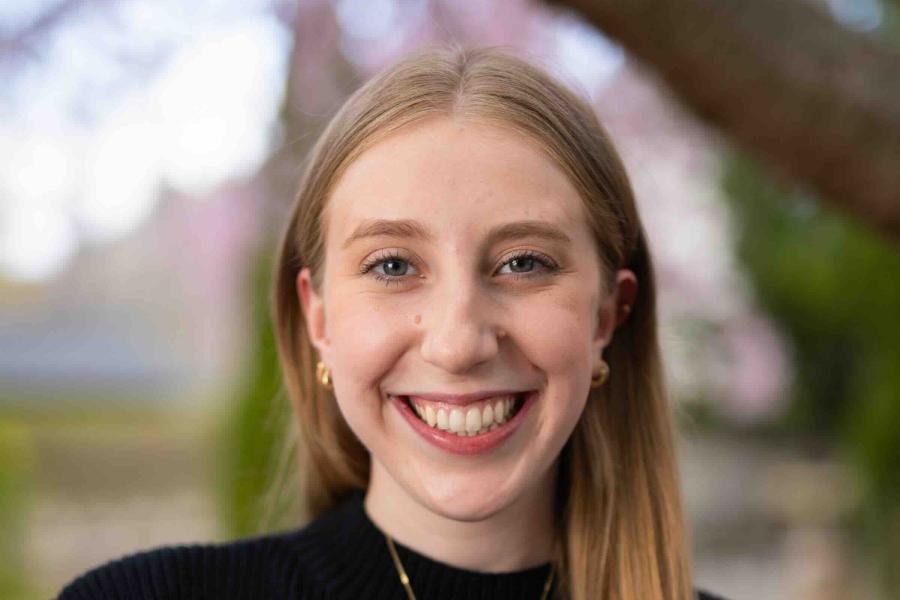
Cristina Kiefaber is a Classics major.
Read more
The prize will help fund her project that combines her academic training with her artistic practice.
Read more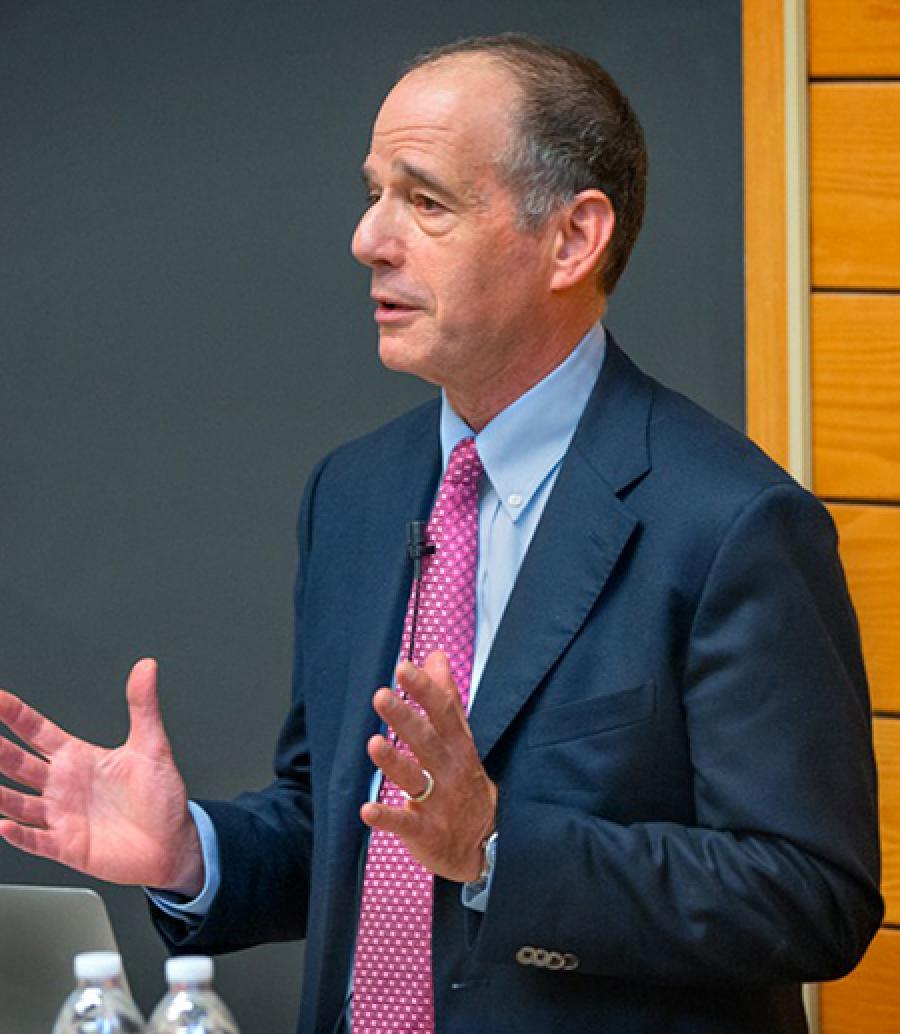
The award carries a stipend of $300,000; Strauss will receive the award at a ceremony on May 29 in Washington, D.C.
Read more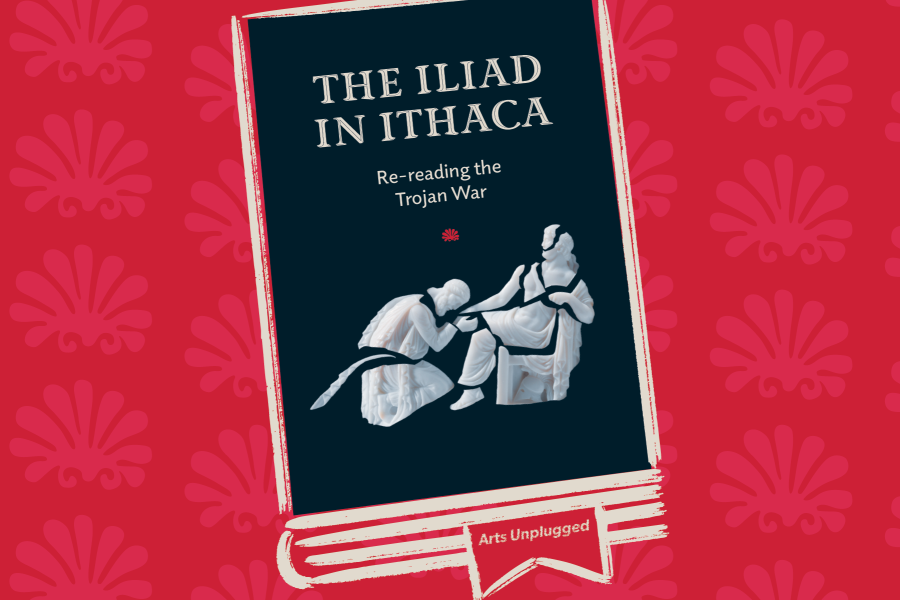
A virtual event with translator Emily Wilson and a daylong community reading of portions of Homer’s epic poem highlight the spring Arts Unplugged event.
Read more